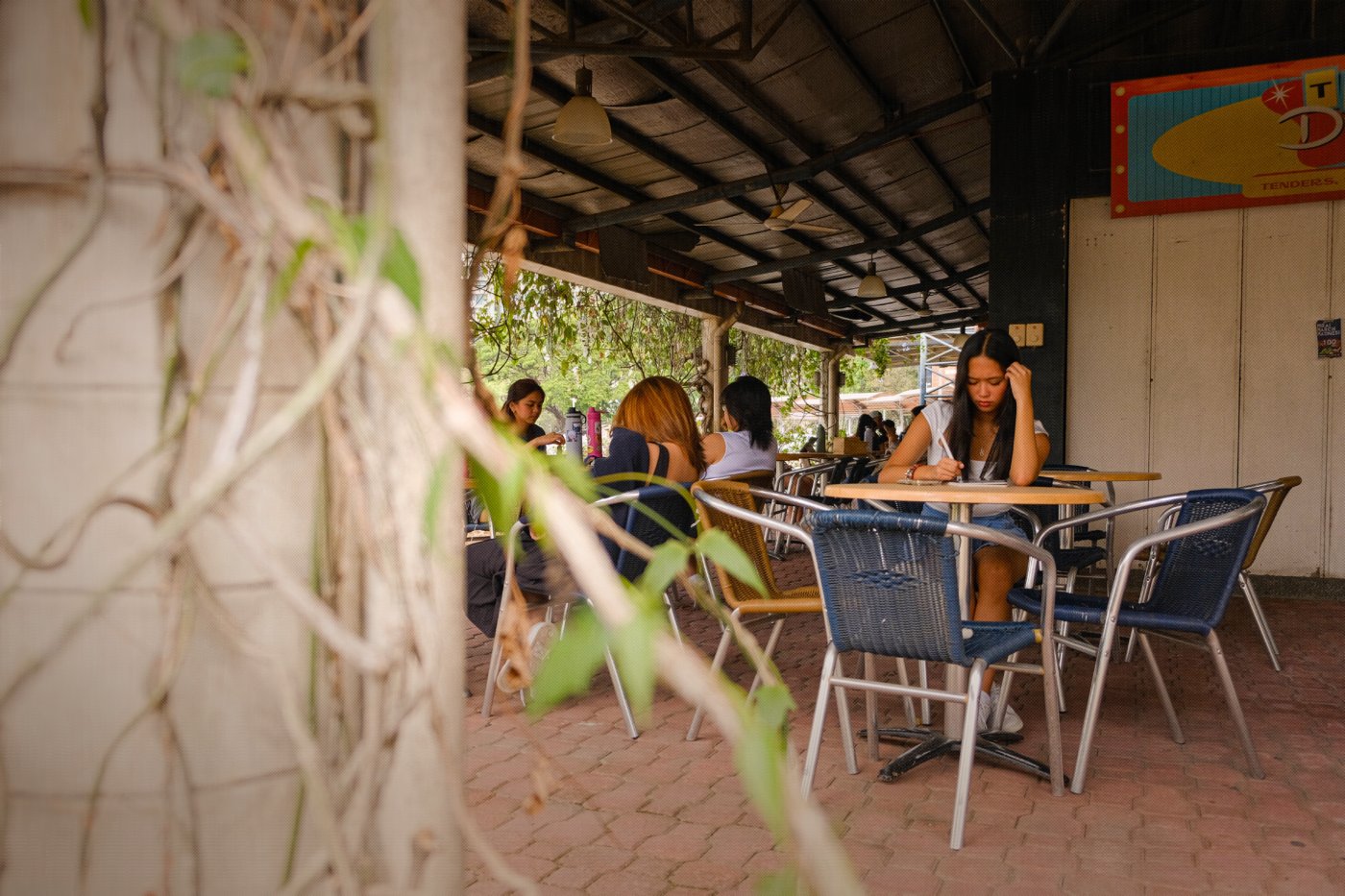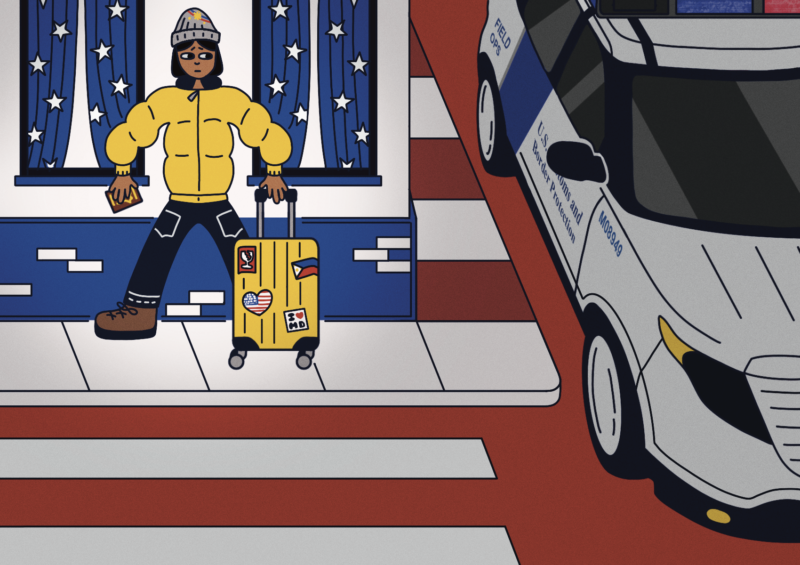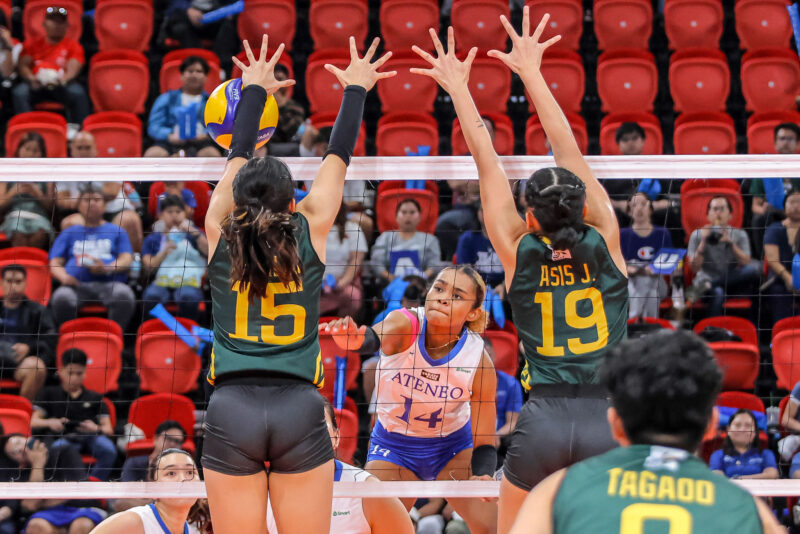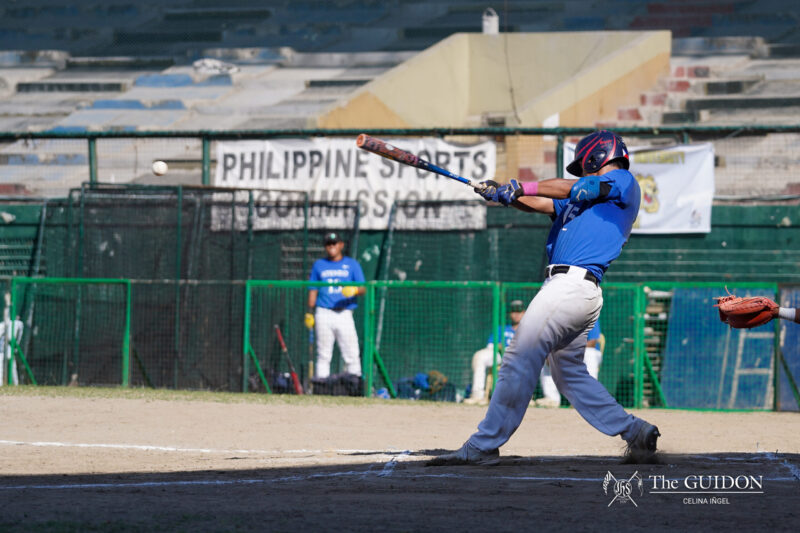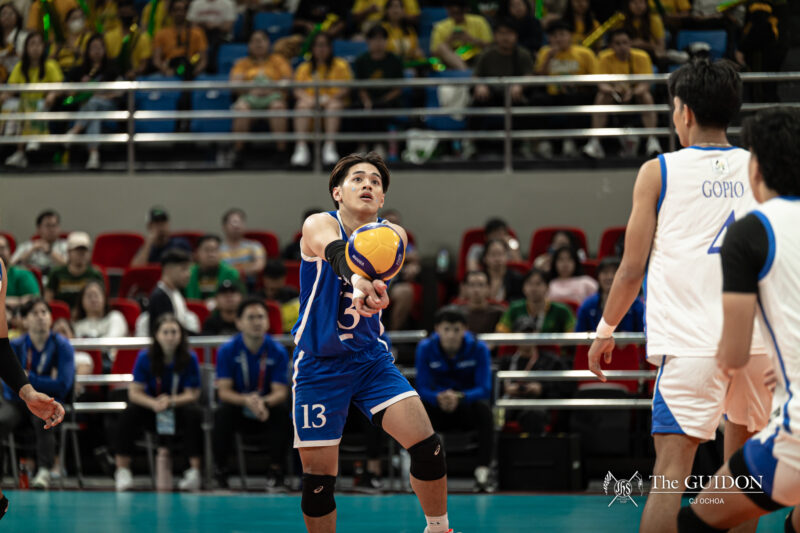With the Ateneo imposing stricter attendance guidelines, some students share their experiences of adhering to such policies while still being troubled by health conditions after contracting COVID-19.
FOR MANY, the period of wearing face masks every day and observing physical distancing has long passed. While most have completely consigned the pandemic to their memory, some are still experiencing its residual effects.
Often termed as Long COVID, Post-COVID Conditions (PCC) refer to a wide range of emerging or persistent health complications that can manifest at least four weeks after a COVID-19 infection. However, uncertainty regarding its diagnosis continues even though Long COVID is now considered a real illness.
With this, Ateneans professing to have suffered from Long COVID symptoms struggle to find genuine recognition of their health status. Exacerbating their predicament is the University’s recent update on its cut policy, which removes the distinction between excused and unexcused absences. As a result of this change, some students would still attend classes despite being sick to avoid overcutting.
Recovery or requirements?
Elise Molina (1 AB POS) started noticing inconsistencies with her mental focus after being infected by COVID-19.
Elise has consistently been active in her organizations and crochet business, alongside being a member of her community’s Model United Nations. Acknowledging this activeness before, she gets frustrated whenever she now finds herself losing concentration in social interactions and staying up a bit later than usual to accomplish her tasks.
“I used to be the type of person who could focus for long periods of time without needing breaks, especially when it comes to studying,” Elise elaborates.
Currently, her struggles exceed her challenging workloads in the past, extending beyond mere burnout or increased demands. Tasks that once seemed manageable now demand significantly more energy and attention for Elise. “After [contracting] COVID, it became so difficult to stay focused on one thing. It affected so many other aspects of my life,” she says.
Similarly, before contracting COVID-19, Teofilo* (1 BS LM) thrived on a busy schedule as a senior high school student. Alongside his academic responsibilities, he balanced a freelance career in graphic design and video editing.
However, these priorities had to be reevaluated when Teofilo randomly started feeling sluggish after battling COVID-19 for two weeks. He then felt constantly fatigued and mentally drained. “It may not sound like too much of a big deal, […] but it was actually pretty debilitating,” he shares.
Consequently, Teofilo found it increasingly difficult to concentrate on his tasks due to his possible experience of brain fog, one of the condition’s notable symptoms that can include forgetfulness, several memory lapses, and problems focusing and paying attention.
Despite Teofilo’s determination, his condition persistently hindered him from efficiently fulfilling his academic responsibilities. “I couldn’t even remember anything from online lectures, like, literally a few minutes after it ends,” he explains.
Ambiguous complications
Amid the complexities of Long COVID and its debilitating symptoms, Office of Health Services Director Ma. Henrietta de la Cruz, MD highlights difficulties in diagnosing it.
Unlike typical diagnoses, identifying Long COVID is challenging as it often relies on diagnosis of exclusion, which relies on the most plausible explanation for a patient’s symptoms after ruling out other causes. Currently, diagnosis is primarily given to elderly patients with a history of COVID-19, pre-existing health conditions, comorbidities, and multisystemic problems.
While OHS encounters students with Long COVID-like symptoms, de la Cruz shares that these do not conclusively indicate the condition. She explains that similar symptoms can arise from various factors like fatigue, hangovers, sleep deprivation, or other existing health conditions.
Despite the difficulty in recognizing if a student has Long COVID or not, de la Cruz reassures that the OHS does not dismiss students who are seeking help. In cases wherein the OHS cannot provide concrete neurologic diagnosis, they refer students to Medical City Ortigas’s neurology department to ensure that students receive proper examination under all circumstances.
Following this, de la Cruz encourages students to adopt healthy individual practices that enable them to function productively. She notes that they must come forward when concerns regarding their health arise, regardless if they are mental or physical issues. “Illnesses that affect your behavior and memory are also medical needs,” she says.
Not quite “back to normal”
Knowing the limitations brought about by her current health condition, Elise now views rest as a primary factor in her recovery. “I don’t pressure myself to try to concentrate when it really doesn’t work,” she states.
Teofilo also sees the essence of policies supporting students’ need for adequate rest. According to him, his senior high school distinguished excused and unexcused absences. Thus, he was able to focus on rest and recovery after being excused for two days when he was experiencing what he considered as brain fog symptoms.
Subsequently, Sanggunian Commission on Disability Inclusion (CDI) Jillian Lauren Barreiro shares that the CDI has recently assisted students with issues about cuts and absences. While the Sanggunian CDI mainly represents the Ateneo community’s persons with disabilities, they help students to formally communicate their health concerns with the teacher. If the situation remains unresolved, CDI guides the student toward the respective offices and department heads to further prove their case.
With rising concerns about the cut policy in anonymous online platforms, the CDI initiated focus group discussions (FGDs) last semester to tackle potential issues on the said attendance guidelines. The School Sanggunians followed suit, also having conducted FGDs within their respective schools.
However, the target number of participants for the FGD was not fulfilled, making them unable to share conclusive information at present. Thus, Barreiro shares that the CDI plans to conduct a second round of discussions to further address the issue.
Despite this predicament, Barreiro advocates for the reevaluation of outdated guidelines to accommodate the novel situations students face. “We shouldn’t keep these policies in place just because they have been here forever. […] We have to adapt to our changing understanding of people,” she conveys.
In forwarding students’ concerns, Barreiro suggests that dialogues should not just end in student-to-student FGDs but also in discussions with the University’s policymakers. According to her, having this practice can involve students and other concerned individuals in crafting appropriate policies.
Planning ahead
As the Ateneo continues to recover from the pandemic, the lingering health conditions of students further challenge how the promotion of cura personalis extends through its regulations.
Recognizing the varied individual impacts of COVID-19 on students, Barreiro hopes for better University policies that consider the lessons left by the pandemic and adapt to the ever-changing society. “We shouldn’t let all of the suffering that everyone endured [at] different levels during the pandemic just [go] in vain,” she states.
In the end, the experiences of individuals coping with PCC underscore the value of self-care. While people may have taken off their masks and the one-meter distance rule may no longer be required, the remnants of the pandemic serve as a reminder that one’s health and full recovery remain paramount.
*Editor’s Notes: The interviewees’ names have been changed at their request to protect their identity and privacy.

